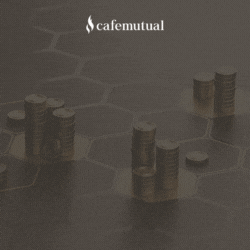Krishnamurthy Subramanian, Chief Economic Advisor of India, feels that the yield gap between short duration debt papers and long duration debt papers needs to be brought down.
At Aditya Birla Sun Life MF's annual event, India's CEA said, "What has happened with the yield curve now is that the short end has come down but the long end hasn't so the term spread has increased."
Quantitative easing is a monetary policy tool in which the central bank of the country purchases longer-term securities from the open market. Buying these securities adds new money to the economy and encourages lending and investment. It also serves to lower interest rates by bidding up fixed-income securities.
Recently concerns over additional borrowing from the government has led to fears of oversupply of long duration debt papers. As a result, yield on the longer end of the curve has not come down in line with the yield on short duration debt securities.
Commenting on the Rs 20 lakh crore package announced by Prime Minister Narendra Modi, Krishnamurthy said that the core principle of the stimulus package is not giving freebies. Instead, the objective is to provide temporary liquidity so that temporary distress does not create permanent damage.
Here are some of the highlights of his address.
- Giving freebies can make people lazy and it constraints the supply side
- If you enhance or retain productive capacity by alleviating pain, it helps with keeping with supply
- In a pandemic, there is a temporary impact on supply. So, the focus has to be on temporary liquidity to ensure that temporary distress does not create permanent damage
- We have struck a balance between fiscal, monetary and liquidity measures
- India is looking to enhance the scope of manufacturing in the economy
- Covid-19 is likely to have a greater impact on services sector as compared to the manufacturing sector
- Stimulus package announced is a smart package that has infused liquidity and ensures that productivity of the country is not disrupted and inflation is controlled






